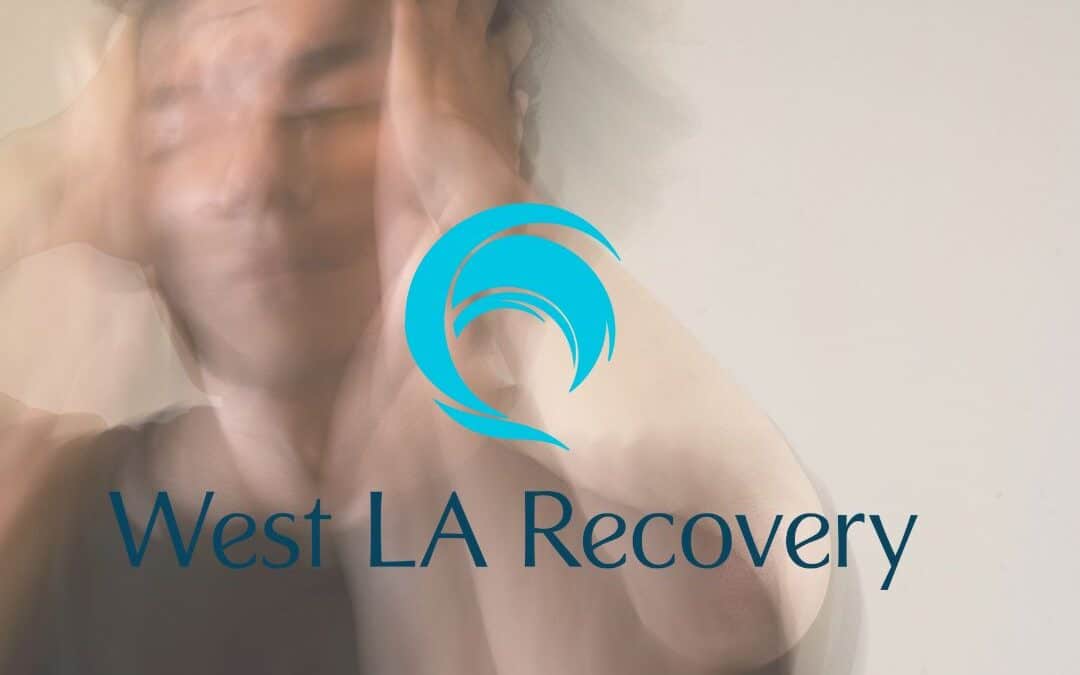A Guide for Patients and Families
Alcohol withdrawal symptoms can be challenging, but understanding them, along with the medical management available, can make the process much smoother. Therefore, this comprehensive guide aims to shed light not only on the stages of withdrawal but also on potential complications and treatment options.
What Happens When You Stop Drinking?
Essentially, when a person who is physically dependent on alcohol suddenly stops or significantly reduces their intake, their body reacts. This reaction, in turn, is known as alcohol withdrawal. More specifically, the brain, having adapted to the constant presence of alcohol, experiences a chemical imbalance. Consequently, this imbalance can lead to a range of symptoms, varying in severity from mild discomfort to life-threatening conditions.
Alcohol Withdrawal Symptoms: What to Expect
Alcohol withdrawal symptoms can manifest in various ways, with their severity often correlating to the duration and intensity of alcohol dependence. Some of the most common alcohol withdrawal symptoms include:
- Mild to Moderate Symptoms: Anxiety, agitation, irritability, insomnia, sweating, headache, nausea, vomiting, tremors (shaking), increased heart rate, and elevated blood pressure.
- Severe Symptoms: Seizures, hallucinations, delirium tremens (DTs), confusion, disorientation, and severe agitation.
The timeline of alcohol withdrawal symptoms can vary but often follows a predictable pattern:
- Stage 1 (6-12 hours after last drink): Mild symptoms such as anxiety, tremors, and insomnia begin.
- Stage 2 (12-24 hours): Symptoms may worsen, with the potential onset of seizures.
- Stage 3 (24-48 hours): Hallucinations can occur, along with continued anxiety and agitation.
- Stage 4 (48-72 hours): Delirium tremens (DTs) may develop, marked by severe confusion, disorientation, fever, and cardiovascular instability.
It’s important to note that not everyone experiences all of these symptoms, and the severity can differ significantly from person to person. However, understanding the potential timeline can help patients and families prepare and seek appropriate medical care.
Why Medical Management Matters
Medical management of alcohol withdrawal is crucial for several reasons:
- Safety: Severe withdrawal symptoms like seizures and DTs can be life-threatening. Medical supervision ensures prompt intervention and appropriate treatment.
- Symptom Relief: Medications can be administered to alleviate uncomfortable symptoms and make the withdrawal process more bearable.
- Preventing Complications: Medical professionals can monitor for potential complications like dehydration, electrolyte imbalances, and cardiovascular problems.
- Transition to Treatment: Medical detox provides a safe and supportive environment for patients to begin their journey towards long-term recovery.
Treatment Options for Alcohol Withdrawal
Medical professionals often utilize a combination of approaches to manage alcohol withdrawal symptoms effectively:
- Medications: Benzodiazepines are commonly used to reduce anxiety, prevent seizures, and manage agitation. Other medications may be prescribed to address specific symptoms like nausea, vomiting, and insomnia.
- Supportive Care: Patients receive hydration, nutritional support, and close monitoring of vital signs.
- Counseling and Therapy: Addressing the psychological aspects of alcohol dependence is crucial for long-term recovery.
West LA Recovery: Your Partner in Recovery
At West LA Recovery, we understand the challenges of alcohol withdrawal. Our experienced medical professionals are dedicated to providing comprehensive and compassionate care throughout the detox process. We offer a range of personalized treatment options, including:
- Intensive Outpatient Programs (IOP): Structured treatment for those who don’t require 24-hour supervision.
- Partial Hospitalization Programs (PHP): More intensive treatment for those needing additional support.
- Individual and Group Therapy: Addressing the root causes of addiction and developing coping skills.
If you or a loved one is struggling with alcohol dependence, don’t hesitate to reach out. We are here to help you take the first step towards a healthier, happier life.
Additional Resources:
- National Institute on Alcohol Abuse and Alcoholism (NIAAA): https://www.niaaa.nih.gov/
- Substance Abuse and Mental Health Services Administration (SAMHSA): https://www.samhsa.gov/







